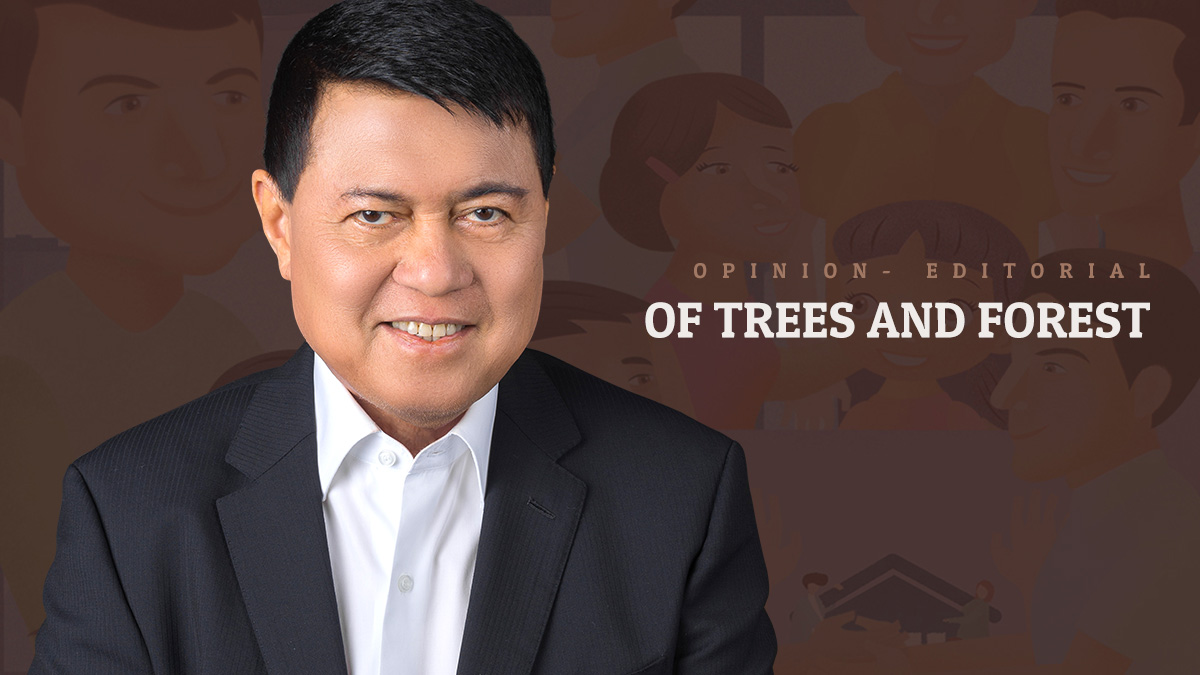
Digong’s Pragmatism
President Rodrigo Duterte’s State of the Nation Address (SONA) last July 22 was significant in many ways. First, it was delivered as the President is enjoying high public approval ratings. The Pulse Asia survey on the Performance and Trust Ratings of the Top Philippine Government Officials conducted just prior to the SONA showed that 85% of Filipinos continue to trust Duterte, and approve of the job he is doing. Only 3% disapprove of his work as president.
This is hardly surprising, of course. We already know that the people approve of the performance of the Duterte administration when they handed him and his allies a resounding victory in the midterm polls.
Second, it came as he embarks on the legacy-defining final three years of his term which ends in 2022. As I wrote in my previous column, the last three years of PRRD’s term should be spent finishing what he started in 2016. In particular, the President’s team needs to make sure that they achieve the targets set forth by the “Build, Build, Build” program.
In addition, his economic team needs to make sure that the gains we have achieved thus far are sustainable and will not be susceptible to the roller coaster ride that is partisan politics. It would be sad if, after 2022, all these gains are reversed. We cannot go back to a “boom-bust” developmental cycle.
Finally, and related to the first, the fourth SONA of his presidency came after that resounding victory of President Duterte and his allies in May, 2019, polls. That victory, I believe, is an endorsement of the President’s policies and his approach to governance.
The President’s 93-minute speech—both the prepared and the off-the-cuff remarks—showcased once more PRRD’s patented pragmatic approach to governance.
The Cambridge online dictionary defines pragmatism as “solving problems in a sensible way that suits the conditions that really exist now, rather than obeying fixed theories, ideas, or rules” (underscoring mine).
He emphasized this in his SONA when he exhorted government officials to “let your deeds and accomplishments do the talking. Lead by example. Words ring hollow when not followed by positive and prioritized action.”
Our experts on political science and public administration would tell us that there are a number of theories on how to run the government. Even business principles have been applied to governance. But Duterte operates differently.
While others adhere to some theories and apply them, Duterte uses an approach that relies on the success of their practical application. He uses his experience, his “gut feel,” and his keen understanding of the situation of the people in solving the problems he confronts.
Many politicians claim to have advanced degrees in academic training and can recite theories but Duterte understands the conditions our people are facing. He understands what solutions work and what don’t. That is the big difference. This is true with regard to all the issues we face as a country—territorial disputes, illegal drugs, peace in Mindanao, the economy, the environment.
This was the reason many analysts were befuddled during his first months in office. They could not categorize him in terms of the philosophy of governance he espouses. But our people get him. They can see the results. The survey results bear this out.
That is not to say that Duterte has abandoned idealism. Pragmatism and idealism are not mutually exclusive. His pragmatic approach is anchored on his idealism expressed in the concluding part of his speech: “Our goal for the next three years is clear: a comfortable life for everybody, all Filipinos…I dream of glowing days ahead for every Filipino. I dream of a Philippines better than the one I grew up with.”





